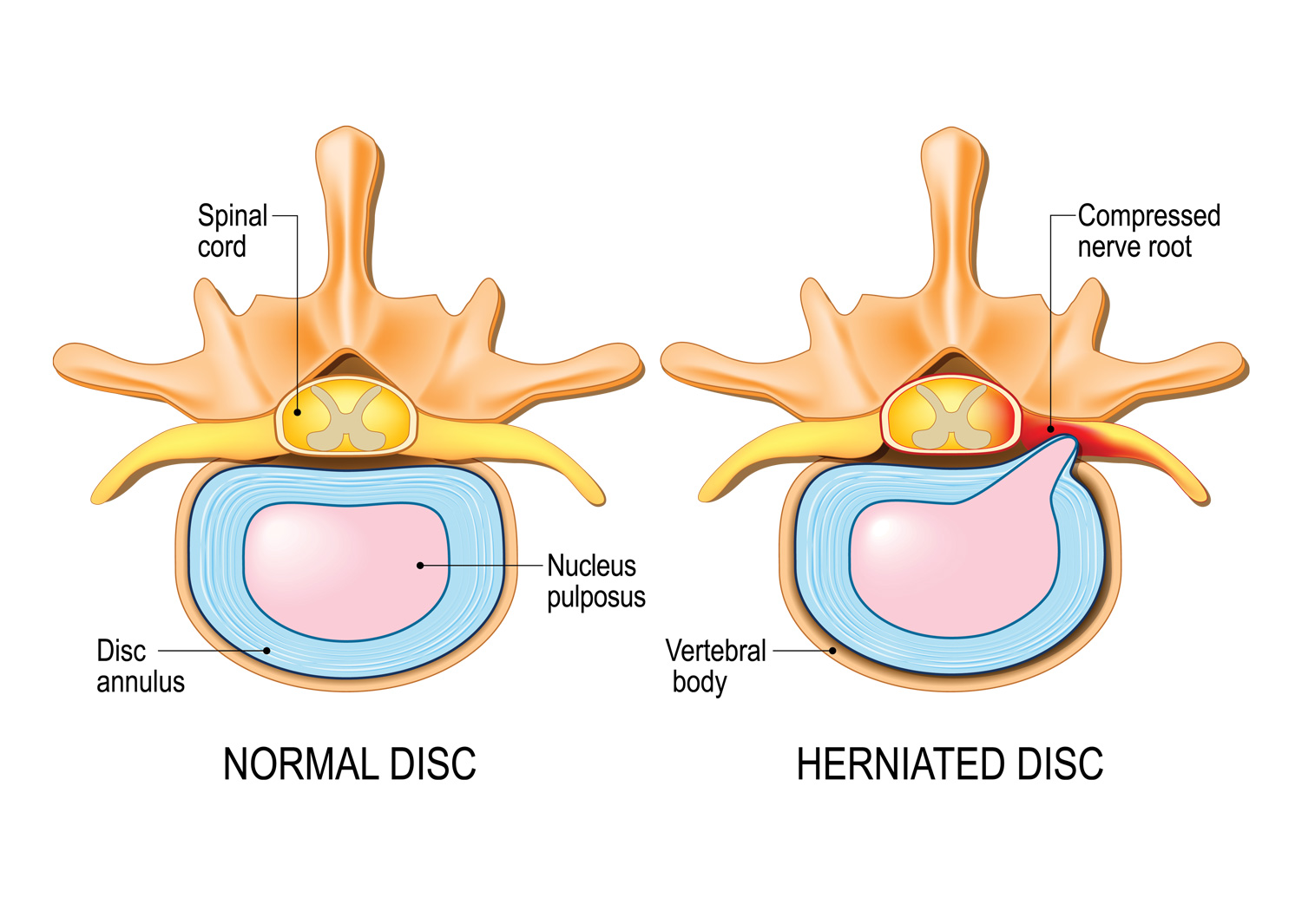Herniated Disc
Your spine has a series of bones called vertebrae, one stacked on top of another, and cushioned by an intervertebral disc. A herniated disc occurs when the soft gel-like center of the disc breaks through the tough exterior. The displacement of the disc may press on a nerve root or spinal cord, resulting in pain. Though you may develop a herniation in any part of your spine, they most often occur in the cervical (neck) or lumbar (lower back) spine. The team at Pacific Sports & Spine specializes in diagnosing and treating all types of herniations, whether simple or complex.
What are the symptoms of herniated disc syndrome?
Herniated disc symptoms vary depending on the area of the spine affected and whether the herniation affects a nerve or not. If your disc isn’t compressing a nerve root or your spinal cord, you may feel a dull ache in your neck or back.
If your herniated disc is compressing a nerve, you may experience:
- Neck or back pain
- Pain that radiates to the arms or legs
- Radiating numbness, tingling, or burning sensation
- Weakness in the muscles in your arms or legs

You may develop a herniated disc after an unexpected accident. However, the herniation most often develops due to the natural degeneration of the disc that occurs as you get older, making it more vulnerable to tearing and herniation. Sciatica is a painful condition that often develops from a disc that is herniated in the lumbar spine.
How is the disc treated?
Treatment for your disc depends on the severity of the herniation, your symptoms, and your medical history. Pacific Sports & Spine takes a conservative and integrated approach to care and may recommend medical treatment for herniated discs, such as pain medication, physical therapy, or epidural injections.
If medical interventions fail to alleviate your pain or your pain worsens, the team may recommend surgical intervention. The precise treatment you need depends on the cause of your herniation. Call our office at (541) 780-6654 to schedule a patient appointment.
